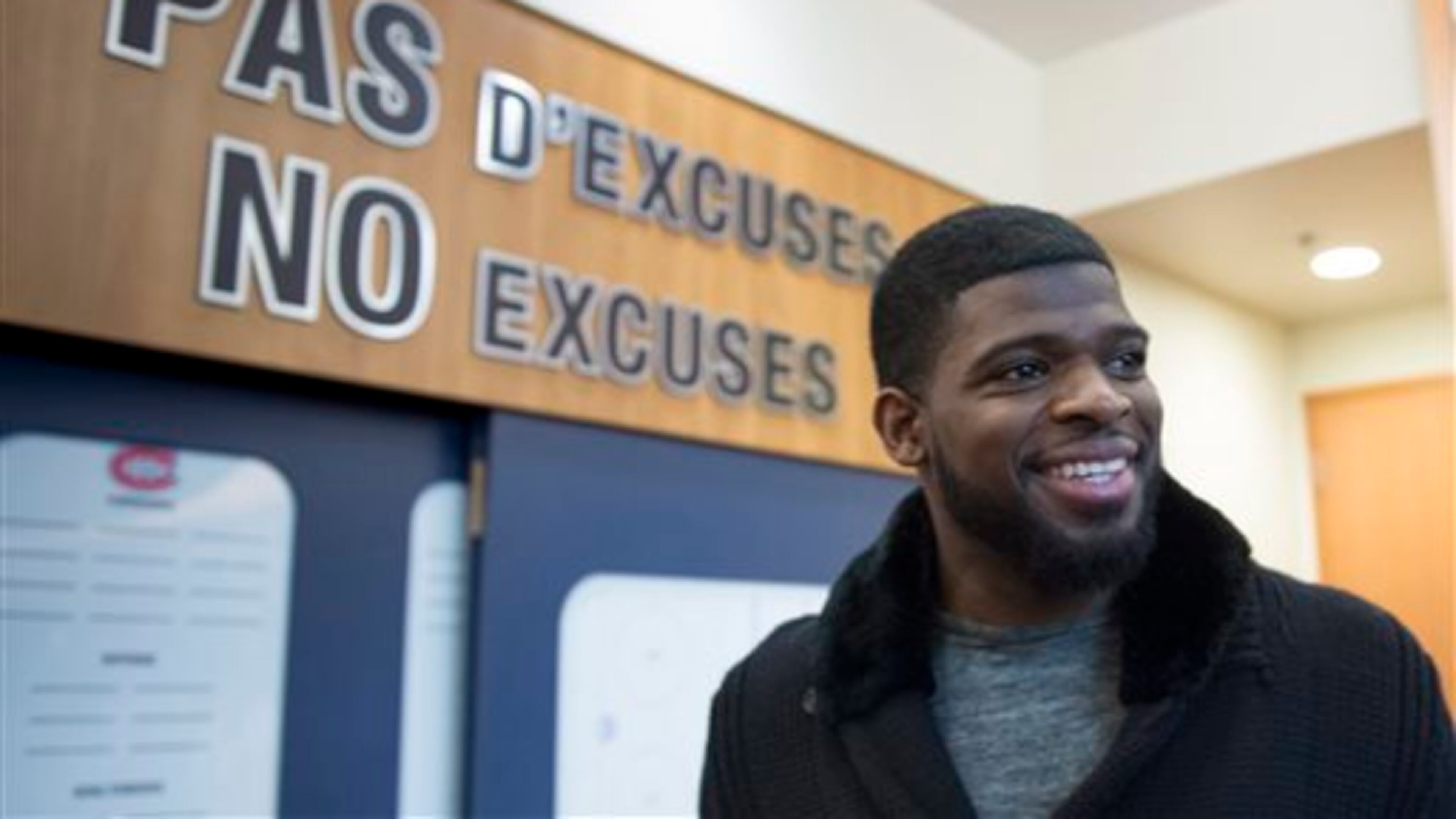Holland, Red Wings need a philosophical change

Firing Detroit Red Wings general manager Ken Holland would solve nothing.
It's more about the plan failing than the man failing. Demanding spilled blood as the consequence for a fourth first-round playoff exit in the past five years dismisses the larger issue.
Holland's only management crime is hubris. Any form of genius also requires some degree of good luck. And Holland strongly believed the unparalleled European drafting magic that brought the Wings Nicklas Lidstrom, Sergei Fedorov, Pavel Datsyuk and Henrik Zetterberg in rounds three, four, six and seven, respectively, would certainly bear fruit in following drafts with Niklas Kronwall, Jonathan Ericsson, Gustav Nyquist and Tomas Tatar.
Just give it time and trust.
But time has run out. Holland overvalued the quality of the Wings' homegrown talent. He committed valuable salary cap space to aging stars and stagnating young veterans with little discernible return on the investment. Perhaps now the Wings finally realize that there are no longer any top-10 gems hidden in the later reaches of the amateur draft. They no longer have the scouting monopoly they once enjoyed. There's no longer hiding somebody underneath the radar.
Top-10 talent today goes in the top half of the first round of the draft.
Six of the top-10 goal scorers during the regular season were top-10 draft picks.
The Wings' plan must change. Holland has earned the chance to orchestrate that philosophical shift. But that first requires an organizational admission that they can no longer retool while minimizing the pain. Keeping Joe Louis Arena filled while keeping alive a generation-old playoff streak that has lost significance. They thought they could cheat a cap-driven system that usually demands an extended down period, ensuring high draft picks and high-quality prospects.
It also demands Holland become more aggressive on the trade market this summer, even if the purpose is to pare some of the bad contracts from the payroll.
The Wings need a high-end defenseman. Is Montreal serious about moving P.K. Subban? But even if the whispers are true, the Wings likely don't have the resources (potential first-round lottery picks and at least three top-tier minor league prospects) for such a blockbuster. Tampa Bay center Steven Stamkos fits another positional need _ a top-line offensive playmaker. Stamkos will be the biggest available free agent _ a 26-year-old superstar who will command a $10 million annual salary. But the Wings can no longer cut a fat check without first cleaning up the previous contractual messes.
Holland caused this. He can fix it. But that can happen only if Mike Ilitch signs off on the probability of the Wings missing the next two playoff cycles _ at a minimum. The Streak must end. Why wait any longer? The Wings can easily afford two straight playoff-less springs without losing significant public support. The big story next season is The Joe's farewell. It'll stay packed. And when the new arena opens in the fall of 2017, it'll be packed that first season regardless of the product.
The Wings must now focus on 2018.
There's no getting around it because there are no GM saviors out there. There isn't a single replacement _ and that includes Steve Yzerman _ capable of building the next generation of championship contention without first tearing down the charred remains of former greatness. Datsyuk is probably gone, leaving the Wings with a $7.5 million cap hit if they can't push it off onto another team near the salary-cap floor. Zetterberg is no longer a top-six playoff forward, but he's still under contract for a total of $30.4 million through 2021. Kronwall was never a top-pairing defenseman, but now he's down to just one serviceable leg.
The lone saving grace from the five-game series loss to Tampa Bay was 19-year-old rookie Dylan Larkin. He was the Wings' most consistent performer against the Lightning. There's definitely the potential of stardom. It's not a coincidence that Larkin _ selected 15th overall in the 2014 draft _ was the Wings' first top-15 draft pick since 1991.
The Wings fooled themselves into believing they're still close enough to becoming very good once again. But that was only through a prejudiced eye. What they're seeing now should make it clear that a broad strategic organizational shift is necessary.


